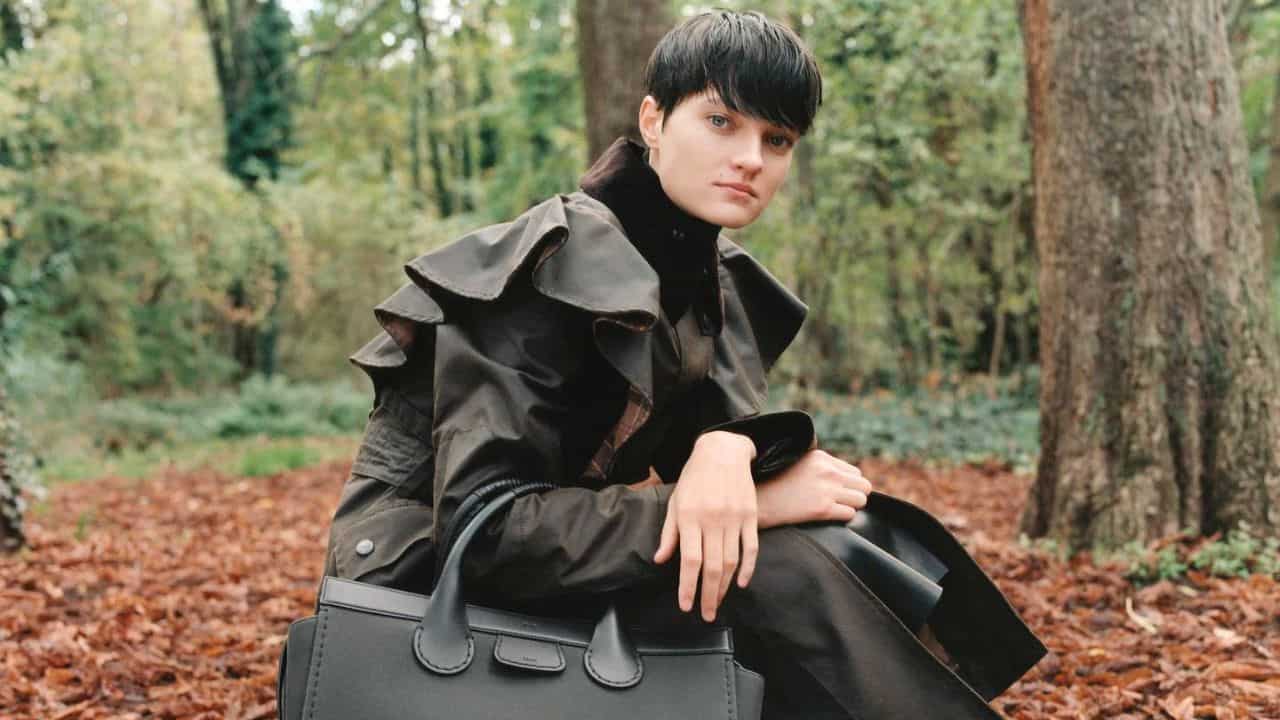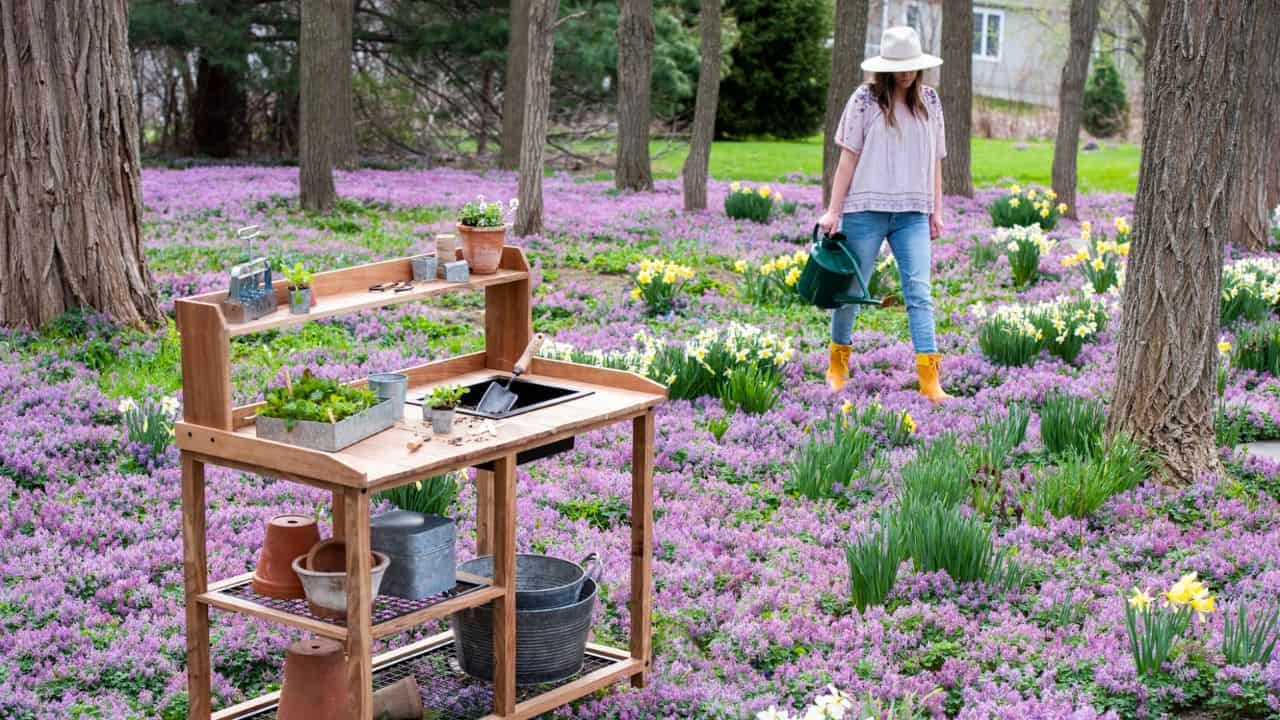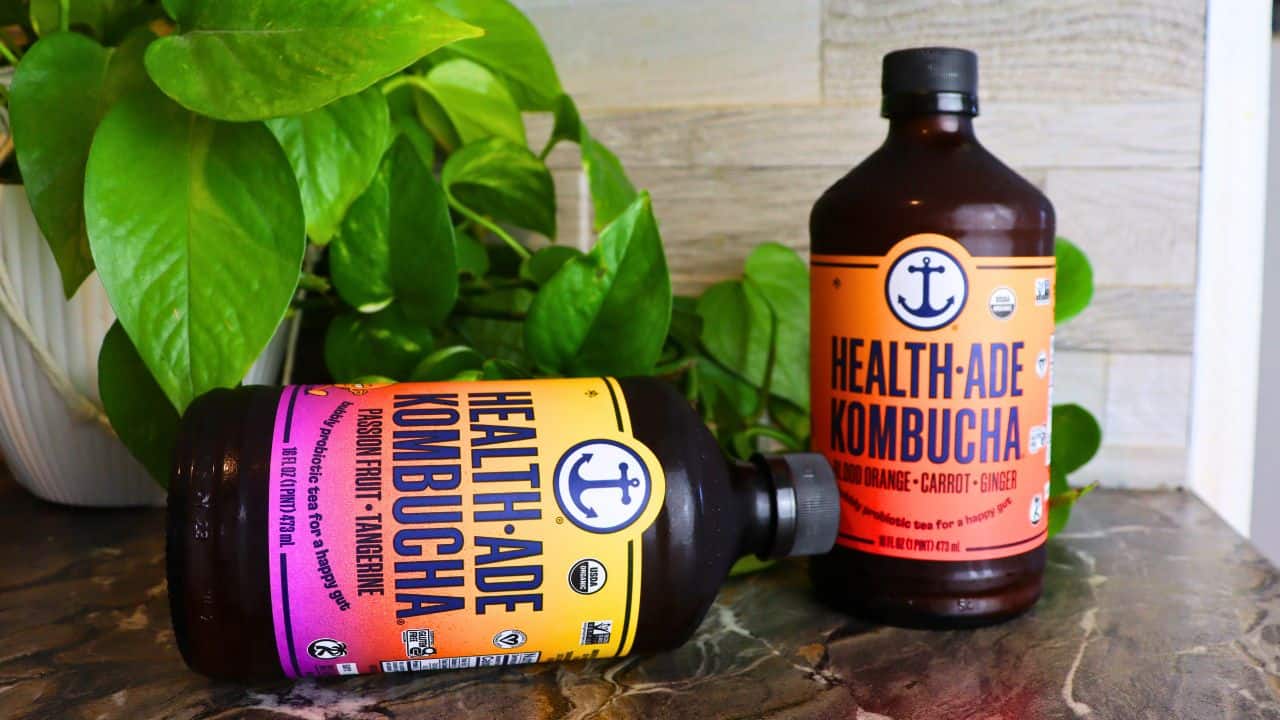The cost of sustainable materials can make it more challenging to fund and maintain an eco-friendly business.
And LUMES Eyewear Co-founder, Nicolas Deskos, is someone who knows about this dilemma from personal experience.
LUMES Eyewear sells blue light blocking glasses which help people work more comfortably and productively when they use screens.
They’ve recently launched a collection of frames made from biodegradable bio-acetate and are finding ways to be a more ethical, eco-friendly brand.
We sat down (virtually) with Nicolas to talk about his company’s journey towards sustainability, the challenges involved and the future of eco-friendly business.

What is bio-acetate and why is it better for the environment?
Regular acetate is actually a plant-based material made from wood pulp and cotton, but what a lot of people don’t know is that it’s made with oil-based plasticisers.
So when regular acetate glasses end up in a landfill, they don’t biodegrade – it’s just another single-use plastic.
Bio-acetate is mixed with bio-based plasticisers made from renewable sources, making it biodegradable when you remove the lenses and metal parts.
Bio-acetate frames are also made without the use of fossil fuels which reduces the CO2e emitted during production by around 75%.

Why did you choose to become more sustainable?
We’ve always been a purpose-driven company. We started off with a mission to raise awareness about unhealthy work habits, and to help people work more comfortably and productively when they use screens.
Once we validated our idea and people were buying our products, seeing how we could be more sustainable was the logical next step.
We’re also based in the Netherlands which already has a strong focus on sustainability.
And in my personal life, I always try to think about my choices and the impact they have on the environment—whether that’s eating vegetarian, buying second-hand furniture, or cycling as my main means of transport.
I think that’s a mindset that me and many other millennials share. We’re living through the effects of unsustainable practices by previous generations and it’s clear that we need to make a change.

Is there a reason why you didn’t start as a sustainable business?
We wanted to launch as a sustainable company. But when we were in discussions with manufacturers and looking at the cost of sustainable materials, it was way out of our initial budget.
LUMES is still 100% bootstrapped and was initially funded by our savings so buying expensive bio-acetate frames at first didn’t seem wise. At that point, we had no idea if people would be buying our blue light blocking glasses.
The truth is that sustainable or ethical products tend to cost more, especially when the products in question come from repurposed base materials that go through complex processes. So as a startup you have to calculate the tradeoff.
You mentioned that sustainable products cost more. Do you see that as a challenge?
Yes and no.
As consumers demand more sustainable and ethical products from brands, there are more eco-friendly materials available on the market – more so than two years ago when we first started.
I think we’ve reached the tipping point now: eco-friendly materials are more abundant and have become more affordable – that’s a good thing for everyone.
I’d say the main challenge is that our production costs increased. For most businesses, it means you have to charge a higher price for eco-friendly products.
We firmly believe in offering sustainable products for an affordable price – as I believe that’s how you can make real change.
If it doesn’t make financial sense for customers, then it doesn’t matter how sustainable your product is. In reality, the majority of consumers will still choose a cheaper (and possibly non-eco friendly) alternative.
At the moment, it seems as though products which market themselves as eco-friendly or sustainable always come with a hefty price tag, and perhaps only attract a certain type of buyer.
One of our goals is to make eco-friendly products available to a wider range of consumers.
“I think we’ve reached the tipping point now: eco-friendly materials are more abundant and have become more affordable – that’s a good thing for everyone”
Do you think all businesses have a responsibility to be sustainable today?
Absolutely. But that goes beyond just planting a tree for every product sold.
Product-based retail businesses need to look at their whole process and the impact it has on the environment and work from there.
When you look at what’s happening today, it’s clear that we’re in a climate emergency. That’s why doing the damage first and then trying to compensate for it after the fact doesn’t really solve anything.
We believe that replacing fossil fuels, cutting down on single-use plastic and recycling are the real responsibilities for every business today.

Do you think businesses’ bottom line can benefit from being sustainable?
Absolutely. I actually find it strange that being sustainable is still something of a unique selling point in our society – it should be the norm.
To be fair, bigger companies are starting to make the shift but it’s a slow process – and as you can see with examples like Volkswagen, profits sometimes get in the way of the right decisions.
But regardless, people, especially younger consumers, are starting to question the products they’re buying. I think the internet and the availability of information is a big part of that.
I believe that companies who really deliver a high-quality, sustainable product at the right price point will be tomorrow’s winners.
What sustainable businesses do you admire?
At LUMES we really admire businesses which completely rethink whole product categories and flip industries on their head.
If I was to pick a company right now, it would be Bites Toothpaste. Toothpaste is such an everyday item, it’s hard to imagine that there was room for innovation. But if you dig a little deeper, you’ll discover that over a billion plastic toothpaste tubes are thrown away every year.
Often products that we use every day were built on old-school thinking and processes that did not take the environment into account. Companies like Bites are showing that even the most essential day-to-day items can be made sustainable.

And finally, what does the future hold for LUMES?
Making better products in a better way will take time, and launching bio-acetate frames is only the beginning for us.
Next year, we will make all of our acetate collection from bio-acetate; we’ll be switching to an eco-friendly glasses case and using packaging items from 90% sustainable and/or recycled material.
We want to be completely transparent about our journey, which is why we’ve published a roadmap outlining the steps we’re taking to become a more sustainable company on our website.










